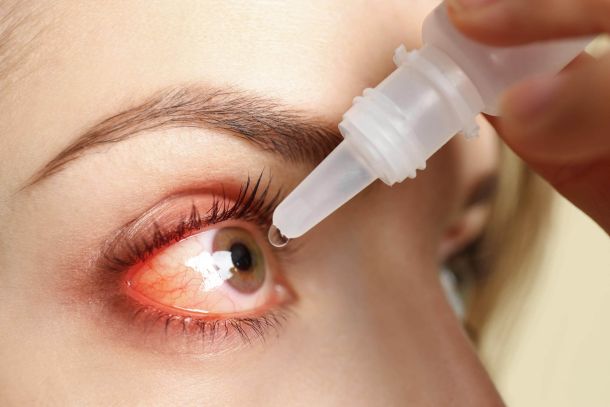Effective allergy treatment methods: how to get rid of this disease forever
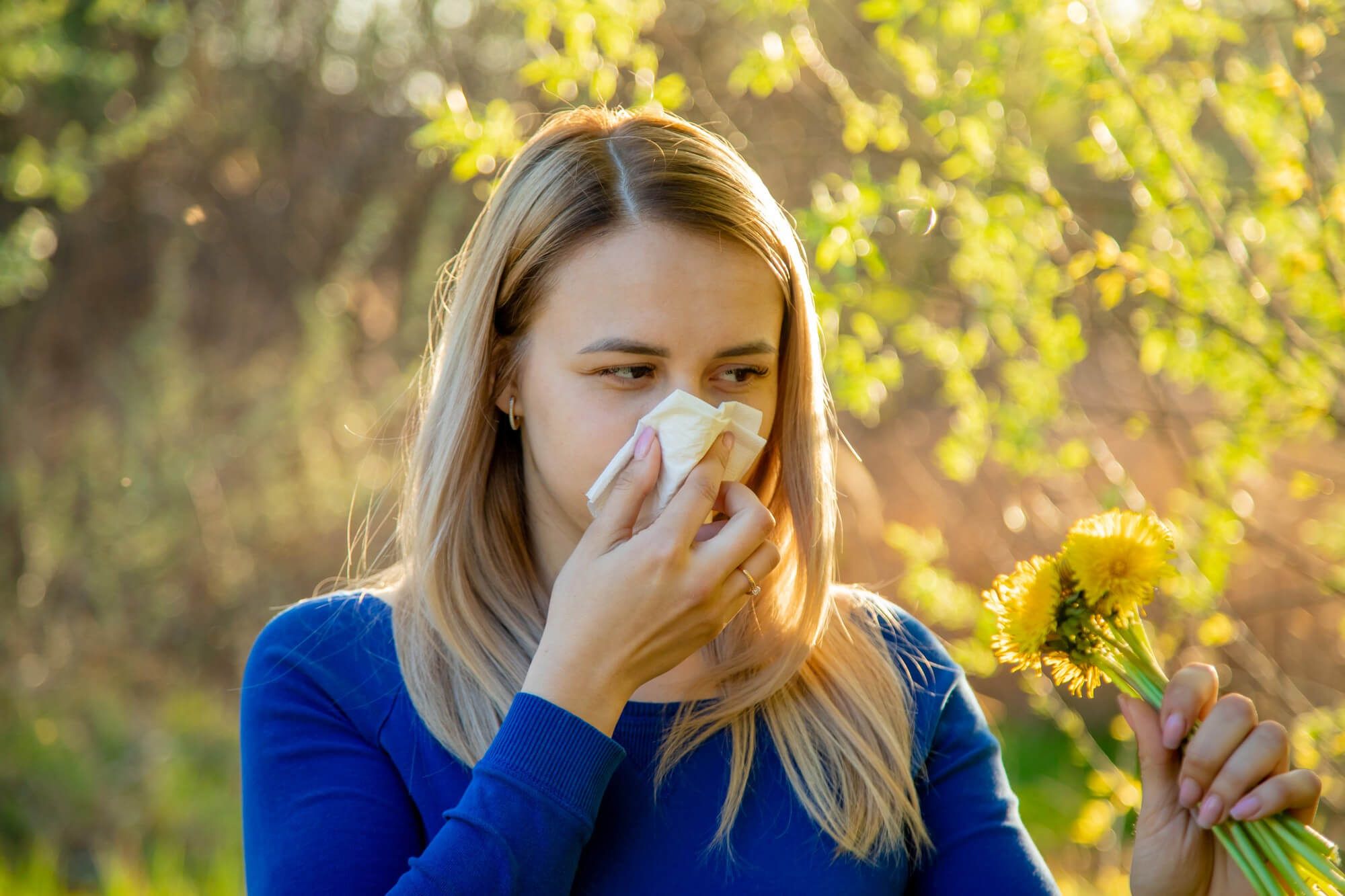

Eva Zakharova
Allergies are a common disease that sometimes cause great inconvenience to patients. In this article we will look at the basic principles of allergy treatment, as well as the most modern and effective methods of dealing with this disease.
Allergy basics: causes and symptoms
Allergy is a reaction of the body's immune system to the effects of certain substances (allergens). Classification of allergies is based on the types of allergens and their effects on the body, such as food, contact, inhalation and others.
Causes of allergies: external and internal factors
External allergy factors can include plant pollen, house dust, animals, food, and medications. Internal factors are related to heredity and the state of the immune system.
Prevalent allergy symptoms: how to recognize?
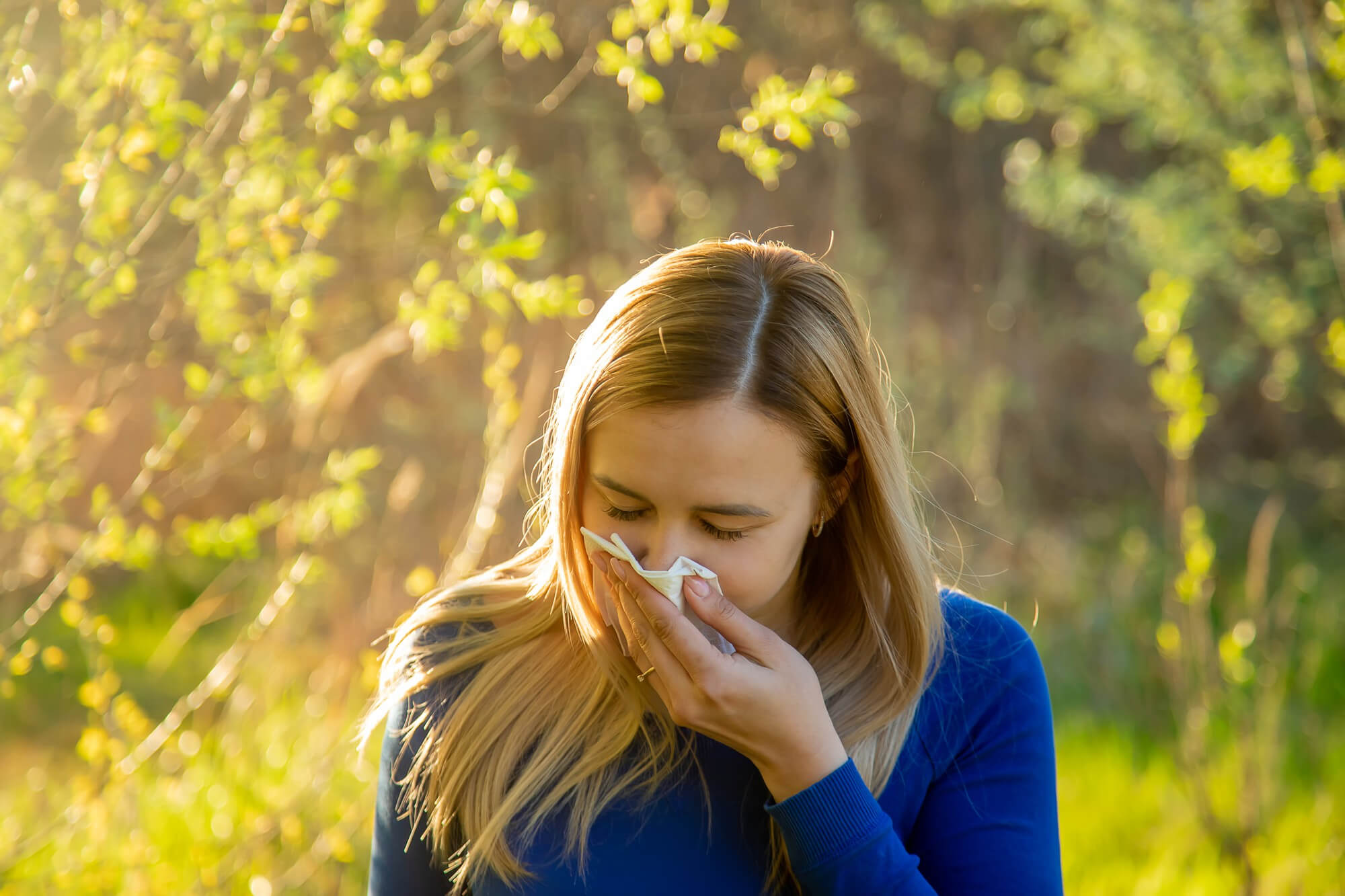
The symptoms of allergies can be varied, including skin rashes, itching, swelling, runny nose, cough and breathing difficulties. It is important to see a specialist in a timely manner to establish a diagnosis and choose a method of treatment.
Allergy treatment: The basics
Antihistamines block the action of histamine, the main substance causing allergic reactions.
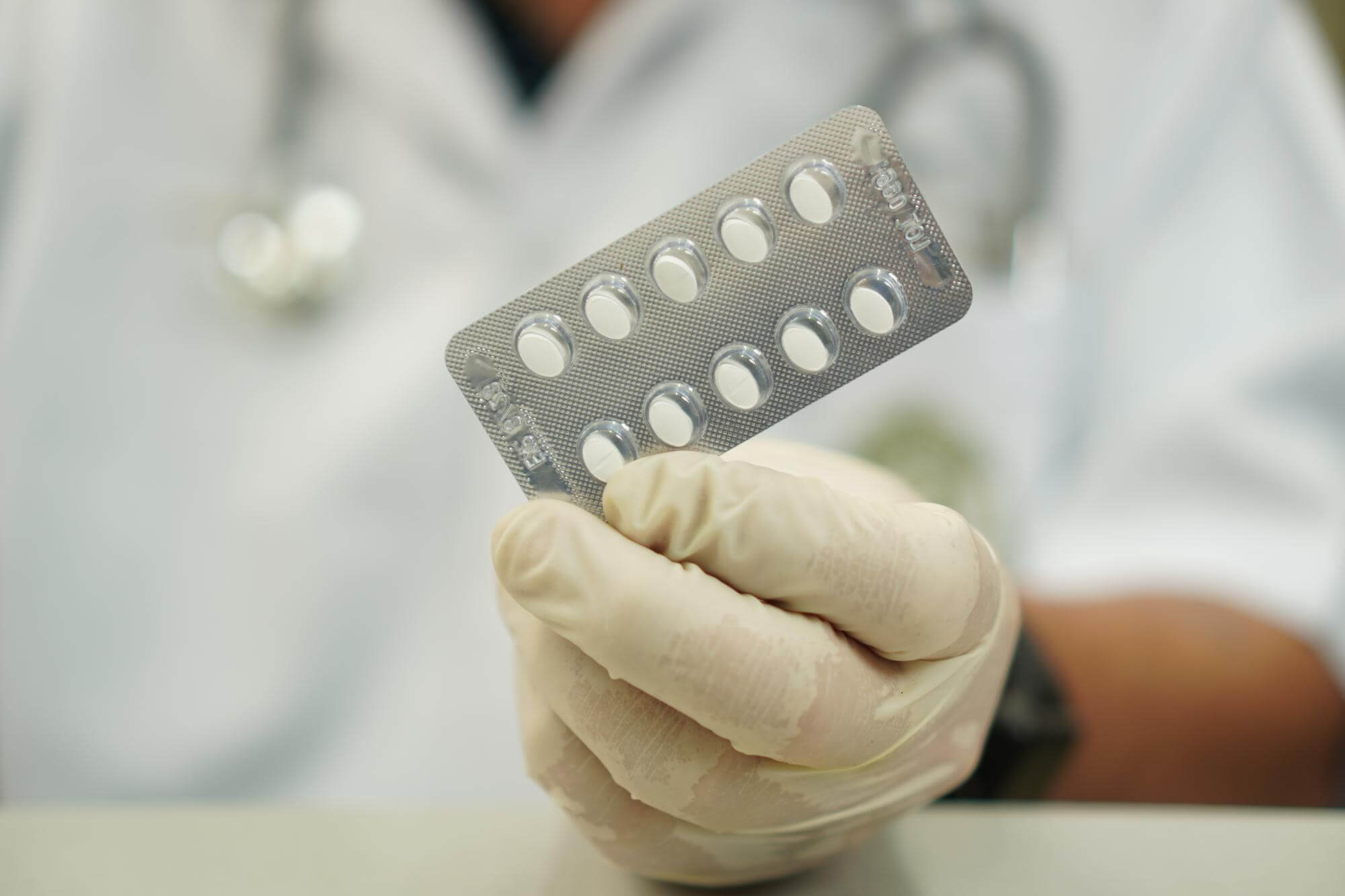
First generation of antihistamines
Examples of first-generation antihistamines include diphenhydramine (Dimedrol), chlorpyramine (Suprastine), and diazolin. They quickly relieve allergy symptoms but have a number of side effects, such as drowsiness, dizziness, and dry mouth.
Second generation antihistamines
Second-generation antihistamines such as loratadine (Claritin), cetirizine (Zyrtec), and fexofenadine (Telfast) have fewer side effects and longer lasting effects. However, they may cause headaches and digestive problems.
The third generation of antihistamines
Third generation antihistamines such as desloratadine (Erius), levocetirizine (Xizal) and bilastine (Bloxa) are highly effective and have minimal side effects.
Hormonal drugs to treat allergies: when are they necessary?
Hormonal drugs such as glucocorticoids (prednisolone, dexamethasone) are used in severe cases of allergy when other means do not have the desired effect. They reduce inflammation and symptoms, but have a number of side effects, so they are used for short periods and under medical supervision.
Non-steroidal anti-inflammatory drugs: indications and use
NSAIDs such as ibuprofen and diclofenac can be used to relieve allergy symptoms such as itching, swelling, and pain. They block the synthesis of prostaglandins, substances that cause inflammation and pain.
Specific immunotherapy: methods and benefits
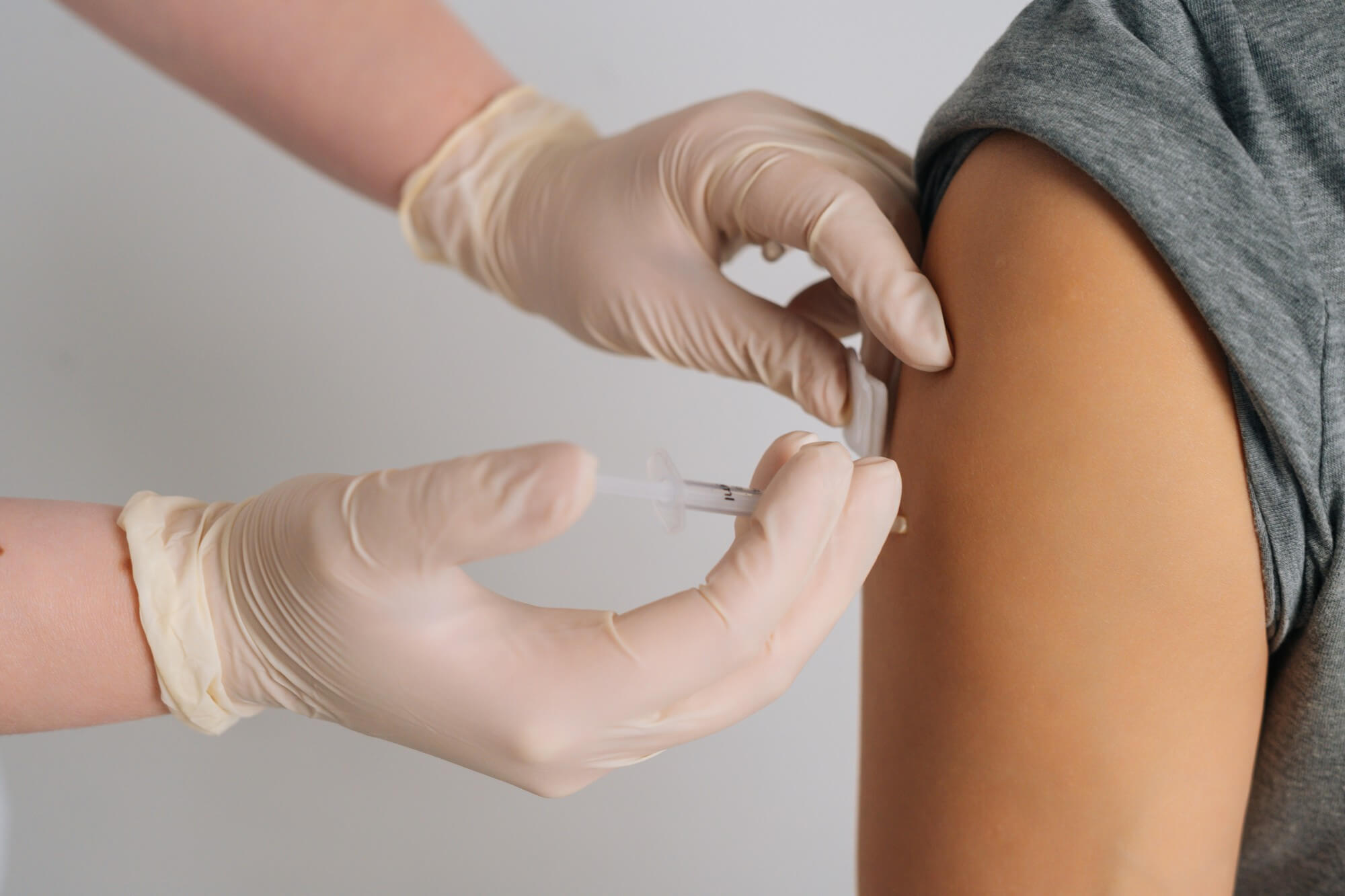
Specific immunotherapy (SIT) aims to eliminate the cause of the allergy by gradually introducing the allergen into the body in order to increase its resistance. This method of treatment is used when standard medications are not effective enough and allows for a sustained remission.
Sublingual immunotherapy (SLIT) involves introducing the allergen under the tongue in the form of drops or tablets. The method is suitable for patients with allergic rhinitis, allergic asthma and pollen allergy. SLIT is a safe and convenient treatment that can be done at home.
Subcutaneous immunotherapy (SCIT) involves injecting an allergen into the subcutaneous tissue. It is effective for allergies to pollen, dust, and insects. However, SCIT requires regular visits to the doctor and can cause side effects such as swelling and redness at the injection site.
Allergy prevention: tips and advice

The basic principle of allergy prevention is to minimize contact with allergens: cleaning the house, using hypoallergenic materials and cosmetics, avoiding certain foods and ventilating the room regularly.
Proper nutrition and strengthening of the immune system
A balanced diet rich in vitamins and minerals strengthens the immune system and reduces the risk of allergies. It is advisable to include vegetables, fruits, dairy products, nuts and fish in the diet.
Healthy Lifestyle: Sport, Rest and Sleep
A healthy lifestyle with regular physical activity, adequate rest and regular sleep helps to strengthen the immune system and reduce the risk of allergic reactions. It is important to avoid stress and maintain an emotional balance.
Allergy treatment should be complex and individual. It is important to take into account the characteristics of the body, the severity of symptoms and the type of allergy. It is necessary to use modern medications, such as antihistamines, hormonal and nonsteroidal anti-inflammatory drugs, as well as specific immunotherapy if the effectiveness of medical treatment is insufficient. In addition, it is necessary to follow preventive measures: avoid contact with allergens, strengthen the immune system and lead a healthy lifestyle.
Treatment of allergies can be done at home with the use of appropriate medications and compliance with the doctor's recommendations. In some cases, it is possible to completely cure allergies with specific immunotherapy and a comprehensive approach to treatment. It is important to contact an experienced allergist, who will choose an individual course of treatment and help achieve a sustained remission.
New materials
Popular Articles
We recommend reading
Contact us in the Contact Us section to ask questions, offer ideas, or for more information about our allergy resource.
Our articles are your trusted source of allergy knowledge. Learn how to make life with allergic reactions easier on our specialized portal.
©
Lechenie-Allergii.com. All rights reserved.
© Lechenie-Allergii.com. All rights reserved.
The information on this site is for informational purposes only and is not a substitute for professional medical advice. We recommend consulting with qualified medical professionals for accurate information and advice.
 English
English  Українська
Українська  Русский
Русский 








